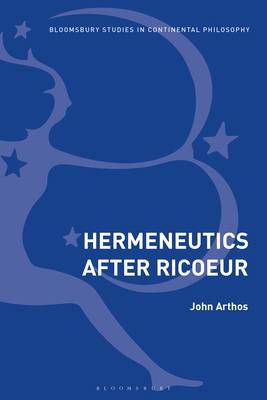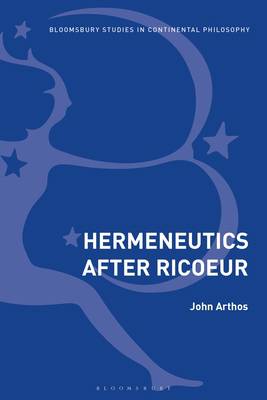
- Afhalen na 1 uur in een winkel met voorraad
- Gratis thuislevering in België vanaf € 30
- Ruim aanbod met 7 miljoen producten
- Afhalen na 1 uur in een winkel met voorraad
- Gratis thuislevering in België vanaf € 30
- Ruim aanbod met 7 miljoen producten
Zoeken
Omschrijving
There has been a renaissance of interest in the work and thought of Paul Ricoeur, one of the great hermeneutic scholars of the twentieth century. It is time to assess the future landscape for hermeneutics as a scholarly field and an educational curriculum after the momentous impact of Paul Ricoeur, who extended and deepened its trans-disciplinary reach, and pushed its profile substantially beyond its German legacy. There exists a misunderstanding that his thought is simply an extension or revision of Heidegger and Gadamer; Hermeneutics After Ricoeur ably sets out the differences and tensions, establishing the originality of Ricoeur's thought and its application beyond hermeneutic studies, with a thematic focus on education, the humanities, and the liberal arts.
Specificaties
Betrokkenen
- Auteur(s):
- Uitgeverij:
Inhoud
- Aantal bladzijden:
- 264
- Taal:
- Engels
- Reeks:
Eigenschappen
- Productcode (EAN):
- 9781350170476
- Verschijningsdatum:
- 25/06/2020
- Uitvoering:
- Paperback
- Formaat:
- Trade paperback (VS)
- Afmetingen:
- 156 mm x 234 mm
- Gewicht:
- 371 g

Alleen bij Standaard Boekhandel
+ 152 punten op je klantenkaart van Standaard Boekhandel
Beoordelingen
We publiceren alleen reviews die voldoen aan de voorwaarden voor reviews. Bekijk onze voorwaarden voor reviews.











